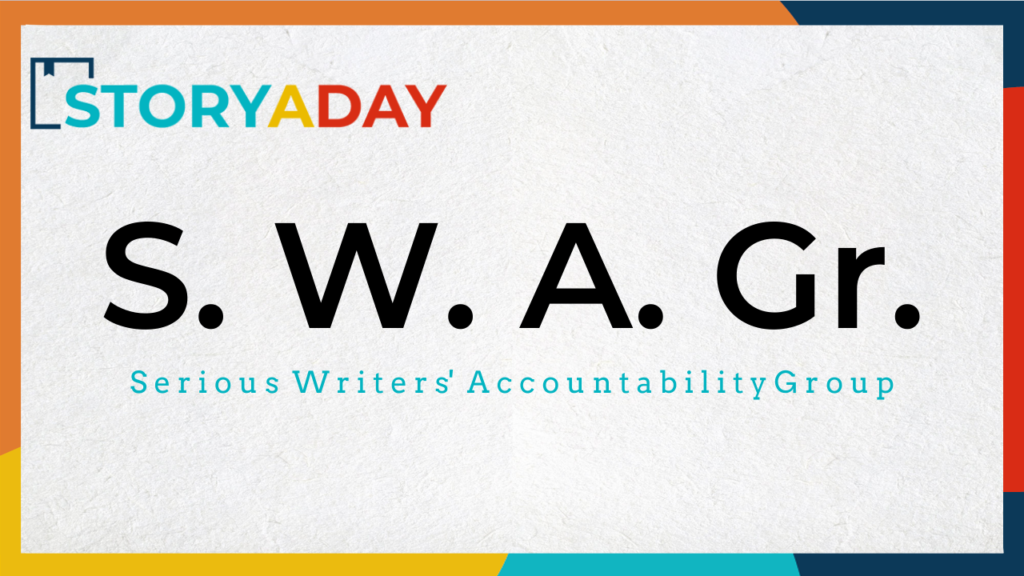What if you could slide up to your desk, knowing that you were going to have a good time, with your writing?
What if, when you sat down to write, the words just flowed? What’s the secret ingredient that makes this possible?
LINKS
What if you could slide up to your desk, knowing that you were going to have a good time, with your writing?
What if, when you sat down to write, the words just flowed? What’s the secret ingredient that makes this possible?
LINKS
Introducing a kinder, gentler challenge for busy writers
Every May writers challenge themselves to write a story a day, to stimulate their creativity and create lots of new drafts. This year for the first time, the founder of the StoryADay May Challenge, Julie Duffy, is issuing a new ‘fun-size’ challenge for people who would like to write, but find the idea of writing 31 stories in a month intimidating.
Continue reading “New! StoryADay ‘Fun-Size’ Challenge Debuts this May “Some early details about the new flavor of StoryADay May I’m introducing this year, and my note from the AWP 2022 Conference – and my thoughts on the state of the short story
::LINKS::
3 Day Challenge: StoryADay.org/3dc
It’s that time again: time to make your commitments to your writing for the coming month. Join us!
Welcome to the Serious Writers’ Accountability Group!
Post your goals for this month and let us know how you got on with last month’s goals.

Leave a comment below telling us how you got on last month, and what you plan to do next month, then check back in on the first of each month, to see how everyone’s doing.
(It doesn’t have to be fiction. Feel free to use this group to push you in whatever creative direction you need.)
Did you live up to your commitment from last month? Don’t remember what you promised to do? Check out the comments from last month.
And don’t forget to celebrate with/encourage your fellow SWAGr-ers on their progress!
Download your SWAGr Tracking Sheet now, to keep track of your commitments this month
****
Examples of Goals Set By SWAGr-ers in previous months
So, what will you accomplish this month? Leave your comment below (use the drop-down option to subscribe to the comments and receive lovely, encouraging notifications from fellow StADa SWAGr-ers!)
(Next check-in, 1st of the month. Tell your friends!)
Write a story just for you
When I was working for the first company to help authors publish using digital print on-demand tech, I talked to a LOT of authors,
Publishing is a business, and it’s hard to get picked, and it’s hard to stay lucky.
And if you want to ‘be published’ traditionally, you must convince someone that there is a large enough audience waiting for it.
But what if that’s not what you’re writing? Should you just stop?
Here’s a rundown of mistake you’re probably making as a writer (plus three bonus mistakes, because we’ve all been there!)
Join us in the StoryADay Superstars group: https://stada.me/Superstars
Full transcript: https://share.descript.com/view/UzbdsMeiNBZ